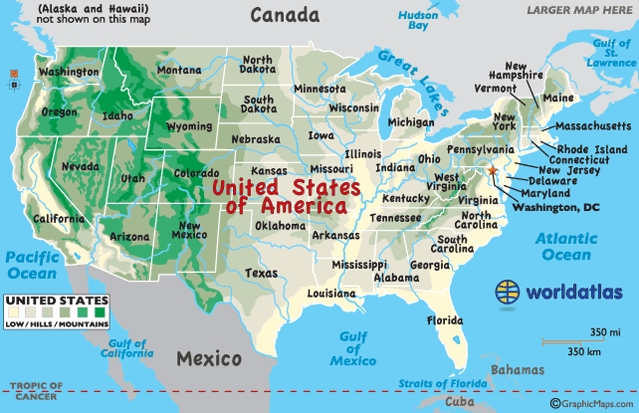 Stronger ties between the U.S. and the new government of India Prime Minister Narendra Modi’s Bharatiya Janata (Indian People’s) party “will only flourish if engagements are happening, business-to-business,” college-to-college, group-to-group, in addition to closer government ties, says U.S. Rep. Tulsi Gabbard, D-Hawaii, the first practicing Hindu elected to Congress, on her visit to Philadelphia Saturday for this year’ student-run Wharton India Economic Forum.
Stronger ties between the U.S. and the new government of India Prime Minister Narendra Modi’s Bharatiya Janata (Indian People’s) party “will only flourish if engagements are happening, business-to-business,” college-to-college, group-to-group, in addition to closer government ties, says U.S. Rep. Tulsi Gabbard, D-Hawaii, the first practicing Hindu elected to Congress, on her visit to Philadelphia Saturday for this year’ student-run Wharton India Economic Forum.
Gabbard met with Prime Minister Modi on his landmark visit to New York last year; she has since been building ties both in India and among the U.S. India diaspora at events like the Wharton conference. Modi “has got a very strong vision for India. It’s an aggresive one that won’t be easier to accomplish: a vision that has clear goals of growing India’s economy and capitalizing on the potential in India’s people, the hard work ethic and creativity, and the spirit. This has also been key to the success of Indian Americans in this country,” Gabbard told me.
Gabbard praised the Wharton students — Indian Americans, Indian nationals and “those who have an interest in India” — as “very engaged and excited abou tthe attention that is beign given right now to the increased U.S.-India friendship and partnership. They feel like a part of it now.” In this and other visits to Hindu and Indian communties, Gabbard feels “great excitement for these bridges to be built at every level — between large corporations, small to medium sized businsses, entrepreneurs.”
Though a Hindu, Gabbard isn’t herself of Indian extraction — her father is a Samoan Catholic and Hawaii state senator; her mother is a white American whose interest in India brought her to Hinduism. Gabbard is also a U.S. Army combat veteran and National Guard Military Police officer. In its complexity, her personal story mirrors that of the first generation of Indian-American politicians: U.S. Rep. Ami Bera, D-Calif., raised Hindu, is a Unitarian; South Carolina Gov. Nikki Haley, whose family hails, like Modi’s, from India’s Gujarat state, is a Protestant; Louisiana Gov. Bobby Jindl, born of Indian immigrant parents, is a Catholic. (Both Governors are Republicans, as reader George Morriss points out.)
I asked if this diversity of the U.S. India community has drawn comment and interest from Prime Minister Modi, whose political base derives from the Hindu-nationalist strain of India politics. “In the U.S., a lot of people are focused on the Prime Minister’s message of ecnomic growth, incrased competitiveness, and increased partnership,” Gabbard told me. “The fact that this, and better relations, has been the Prime Minister’s focus, is what people see.”
Leaving Philadelphia, Rep. Gabbard headed north to West Point, where she was to make a speech at the U.S. Military Academy.





